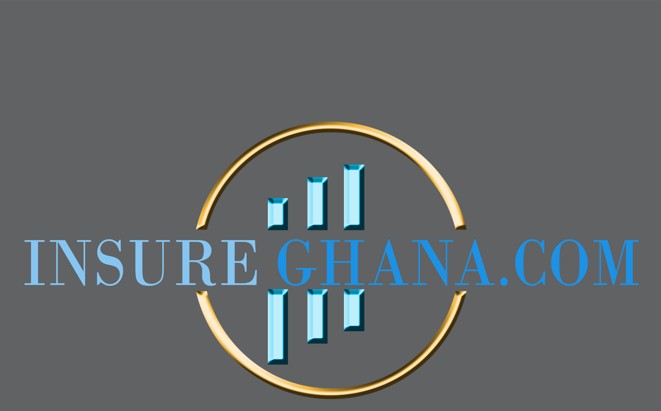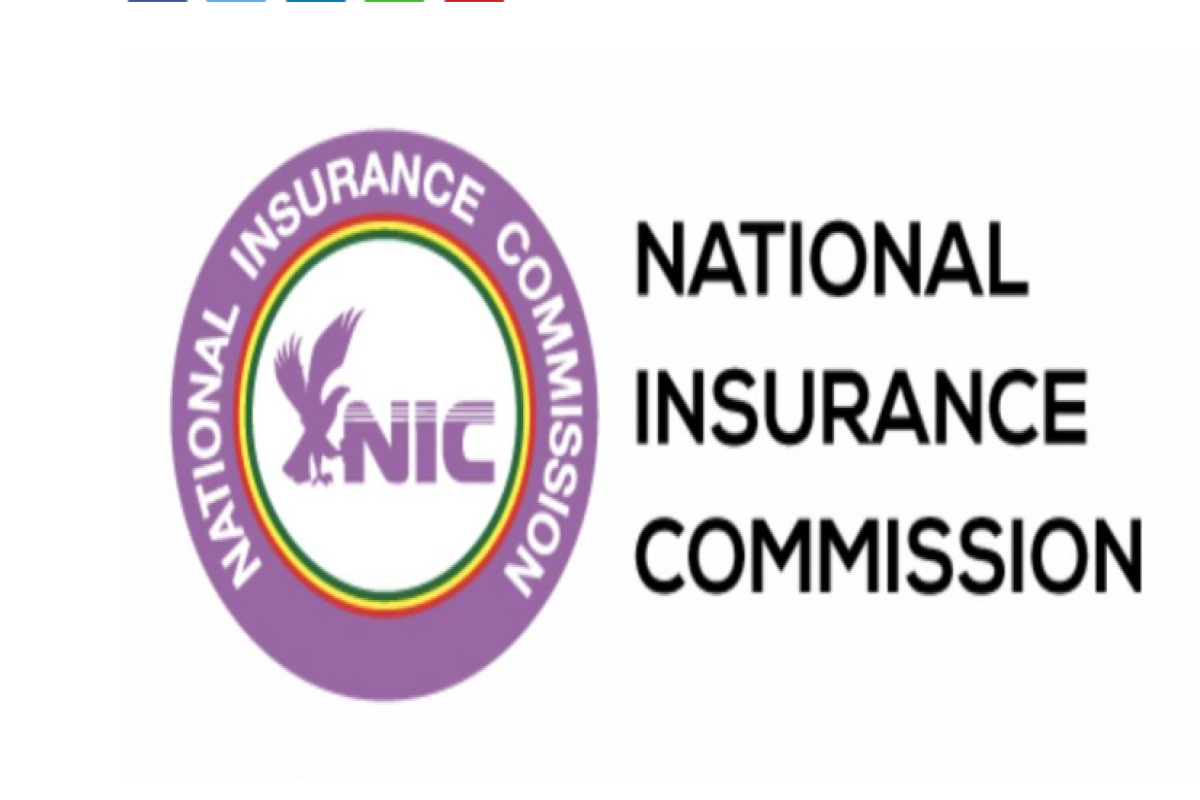Premium Undercutting in Ghana: When Cheap Becomes Costly
Premium undercutting remains one of the most persistent and damaging challenges facing Ghana’s insurance industry. Beneath its surface lies a deeper moral and structural dilemma — a clash between competition and compliance, survival and sustainability.
At its simplest, undercutting happens when brokers or insurers reduce premiums below the rates prescribed by actuarial or regulatory guidelines to win business. But beneath this commercial tactic is a troubling question: How far can we compromise value for volume before the entire system collapses?
The Undercutting Paradox
🌍 Need tailored insurance coverage?. Whether it is marine, motor, or property?. Get a free quote at Safeguard Insurance Brokers.
For many insurers, undercutting starts as a way to retain clients in a tough market. Yet what begins as a short-term survival tactic soon becomes a long-term systemic weakness.
The National Insurance Commission (NIC) in its 2023 Annual Report highlighted that “price undercutting in motor and fire classes continues to threaten fair competition and market solvency.” When premiums fall below the true cost of risk, claims become delayed, disputes increase, and public trust erodes.
In effect, the industry trades its integrity for immediate cash flow — and the reputation of insurance as a trustworthy financial safety net suffers in the process.
The True Cost of Cutting Corners
💼 Partner with InsureGhana to grow your insurance business. Learn More
The PwC Ghana Insurance Survey (2023) noted that price-led competition remains the single biggest threat to underwriting profitability in the Ghanaian market. The cost of such behavior is multidimensional:
- Clients lose confidence when claim settlements are delayed due to underpriced policies.
- Insurers weaken capital adequacy, exposing themselves to solvency risks when major claims arise.
- Professional brokers lose credibility, as their role shifts from risk advisors to price negotiators.
- Innovation and talent suffer, since funds that could drive technology and service quality are drained in a race to the bottom.Ultimately, undercutting doesn’t build loyalty — it breeds instability.
Root Causes and Market Reality
Several systemic factors fuel the persistence of premium undercutting:
1. Weak enforcement of pricing guidelines.
Though the NIC publishes tariff frameworks, especially for motor and engineering classes, enforcement remains inconsistent.
🟡 Need vehicle insurance? Compare quotes from top insurers. Contact us at. Safeguard Insurance Brokers
2. Low client awareness.
Many clients — especially in the retail and SME segments — perceive insurance as a commodity, not a professional service. They shop for the lowest quote without understanding the risk trade-offs.
3. Economic pressures.
🌍 Explore reinsurance insights and trends across West Africa at InsureGhana Insights.
In a high-inflation, liquidity-tight environment, both insurers and customers seek short-term relief, even when it undermines long-term security.
4. Broker competition without differentiation.
Instead of competing on advisory quality, service excellence, or claims experience, many intermediaries rely solely on discounted premiums to stay relevant.
A Market at a Crossroads
The Ghana Insurers Association (GIA) and Insurance Brokers Association of Ghana (IBAG) have repeatedly called for collective discipline. Yet progress remains slow.
According to the NIC Market Conduct Guidelines (2022), sustainable competition must be based on “sound underwriting practices and fair market behavior.” The industry’s challenge, therefore, is not just regulatory but cultural — it requires a shift in mindset from cheap to credible, from price-led to value-led competition.
The Way Forward
Ending premium undercutting demands both accountability and collaboration:
Regulatory firmness: The NIC must continue publishing sanctions and strengthening market surveillance using digital compliance tools.
Professional ethics: Brokers must return to their advisory roots — helping clients understand that a lower premium often means higher risk exposure.
Client education: Public campaigns should reframe insurance as a partnership for protection, not a commodity for discount.
Data transparency: Shared pricing and claims data can expose unrealistic rates and promote fairness.
When pricing is transparent and discipline is shared, competition can finally shift from who charges less to who delivers more.
Conclusion
Premium undercutting may win the client today — but it weakens the entire market tomorrow. It undermines trust, devalues professionalism, and distorts the true essence of insurance: pricing risk with fairness and foresight.
As the Africa Insurance Pulse (2024) aptly observed, “markets that sacrifice pricing discipline for growth eventually lose both.”
For Ghana’s insurance industry, the path forward is clear: integrity must become the new competitive edge. Only those who price with honesty and serve with purpose will remain standing when the dust settles.
---
References
National Insurance Commission (NIC) – Annual Report 2023; Market Conduct Guidelines (2022)
PwC Ghana – Insurance Industry Survey 2023
Ghana Insurers Association (GIA) – Industry Review Reports
Insurance Brokers Association of Ghana (IBAG) – Ethics and Compliance Workshops, 2024
Africa Insurance Pulse – Market Discipline in Emerging Insurance Economies, 2024
---
Disclaimer: "The views expressed on this site are those of the contributors or columnists, and do not necessarily reflect insureghana's position. insureghana.com will not be responsible or liable for any inaccurate or incorrect statements in the contributions or columns here."

Insight
Expert insights and data-driven analysis from Ghana’s leading insurance knowledge hub

